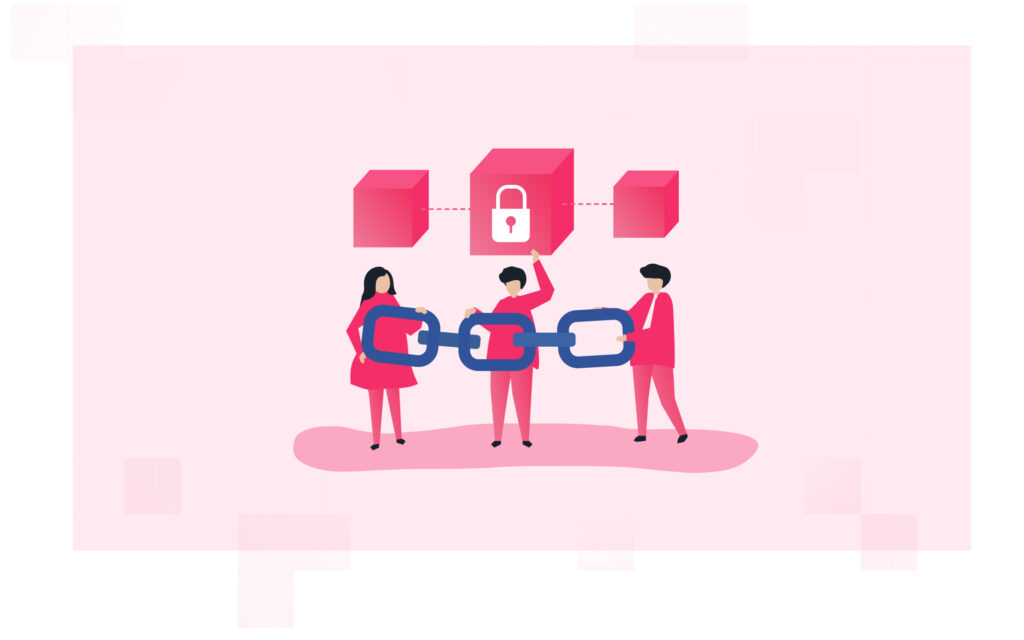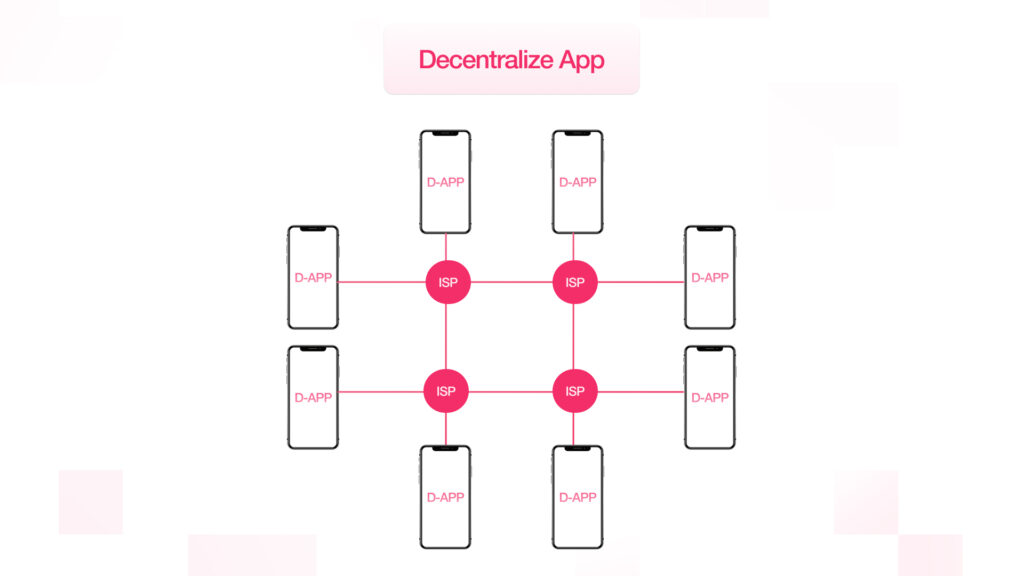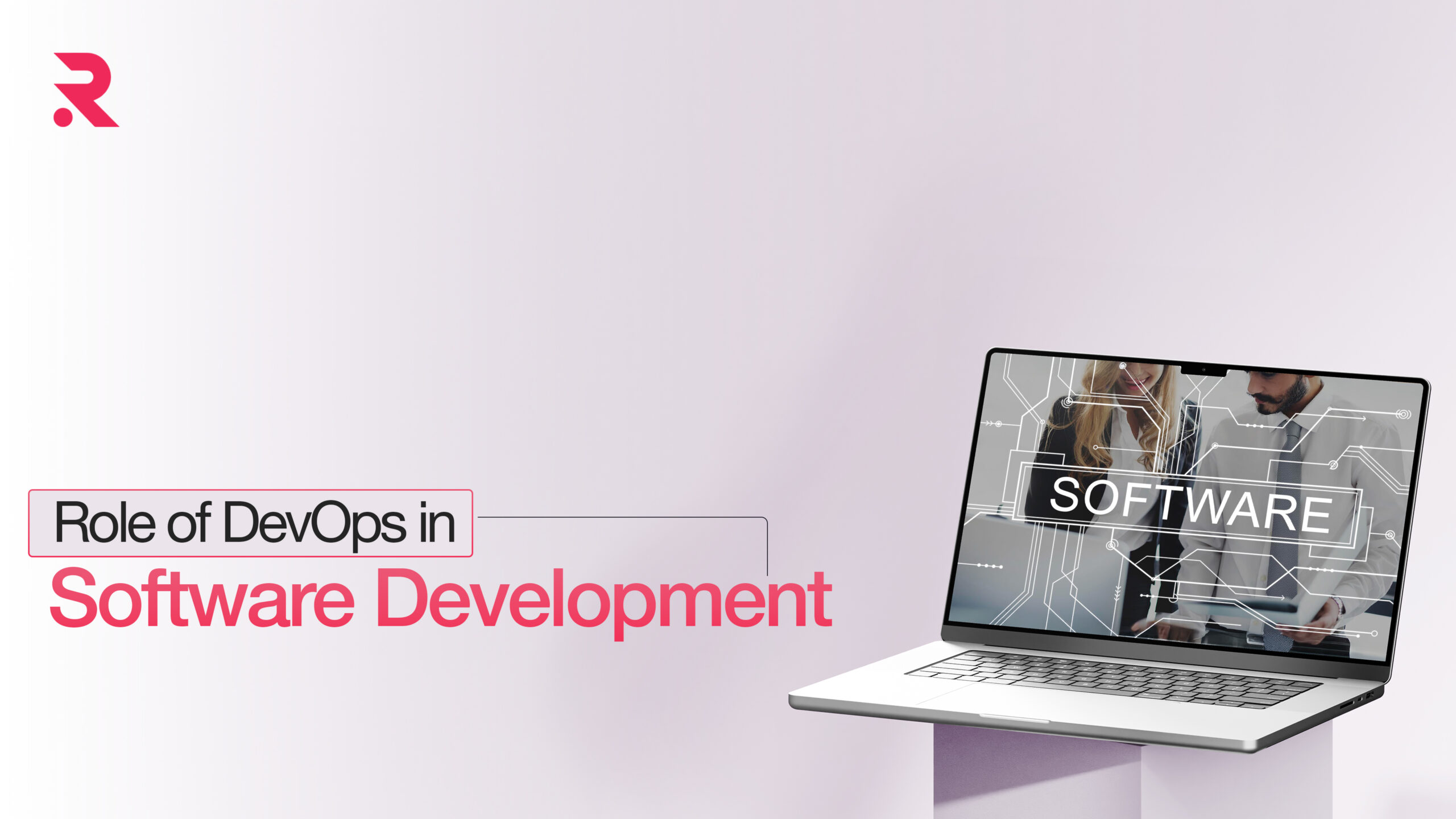Blockchain Technology in Software Development: How It Can Revolutionize Your Business

From the very first few days, blockchain was associated with cryptocurrencies such as Bitcoin and Ethereum. Now blockchain technology has evolved into one of the most transformational forces for many industries. As businesses seem to find themselves under challenges like security, data integrity, transparency, and trust, blockchain appears to provide tangible benefits in averting those challenges. In this blog, we will look at software development, where blockchain technology can be positioned as an innovator with a significant impact on your business operation. We will take you through how blockchain in software development will change the landscape and have a fantastic impact on your business processes.
What is Blockchain?
Blockchain is the digital, decentralized ledger that keeps record of transactions on a number of computers in such a manner that the information could never be tampered with subsequently. Each transaction or block is linked to the direct previous one in a continuous chain. The most important feature of blockchain is that it has eliminated the need for some central authority who has to verify or control transactions, as every participant in the network is provided with a copy of the ledger. This decentralized and transparent approach is, however, having a very major influence on many industries, particularly on software development.
Why Blockchain Matter in Software Development?
Software development lies at the very heart of modern business operation. From the management of customer data to the creation of applications that facilitate transaction processing, software systems form the core of day-to-day business conduct. Unfortunately, traditional software systems continuously grapple with data security, reliability, transparency, and accountability. Blockchain technology responds to many of those concerns while offering a variety of opportunities for software development.
Security and Data Integrity
This technology is one of the most promising advances in software development. Perhaps more importantly, it can tie into improved security. In traditional systems, data is often stored in centralized databases, making it vulnerable to hacking, unauthorized access, or data corruption. Since each transaction is encrypted and linked to the previous one, the data can hardly ever be changed undetected during the process.

Since every participant in the network has access to a copy of the blockchain, no central point of failure exists. This decentralized mechanism provides that even if one aspect of the entire system is compromised, the other parts of the network will remain intact and operational. For businesses that work with sensitive information like financial records or personal data, blockchain technology provides a very sturdy method for ensuring data integrity.
Transparency and Trust
Decentralization creates a far more transparent environment in business operations. As all the members of the network can view the entire transaction history, visibility of business processes can be improved. With this kind of transparency, trust is born between a business and its customers, partners, and stakeholders.
For instance, in the supply chain industry, blockchain can be used to track movement of goods from production to delivery. Each transaction process is recorded in the blockchain and can help confirm the source of products by both the business and consumer. The same transparent characteristic can be seen as greatly valuable for industries like pharmaceuticals, where counterfeits could seriously threaten health and safety.
Need Reliable Software Development partner to help grow your Business?
Our Experts Can Help!
Reducing Intermediaries and Lowering Costs
Traditional software systems and intermediaries for many companies form a bridge between transacting parties to verify data. The cost and delay incurred by intermediaries add significant burden to a process. With blockchain technology, there is no need for an intermediary when two parties transact directly with one another. This not only means faster transactions, but also the cutting down of administrative costs.

For example, blockchain in the financial services industry enables direct transfers between banks or individuals without a central clearinghouse. Similarly, in real estate transactions, it allows property ownership and transactions to be registered with little need for lawyers, title agents, or other intermediaries.
Smart Contract and Automation
Blockchain technology facilitate the use of smart contracts, which are self-executing agreements with terms directly written into lines of code. Smart contracts execute automatically when certain predefined conditions are met. This completely negates the need for manual intervention. This can significantly enhance the efficiency of business operations by automating routine processes and reducing human error.
For example, in the case of software development, smart contracts should generate automatic payments when milestones are reached. In business transaction fields, smart contracts could facilitate payment, release goods, or give asset transfer without intermediaries. All these processes would allow businesses to save time and reduce possible disputes and improve the overall experience of clients.
Decentralized Applications (DApps)
Decentralized Applications (DApps) have recently gained popularity. These applications run on blockchain networks instead of central servers. DApps hold many merits as compared to traditional applications; for example, they are more secure, transparent, and reliable.

Digital identity verification is an example of a DApp where users hold data and share it with others at will. There are no longer any central authorities storing and managing identity data, making them less likely to suffer from data breaches and identity theft. DApp-registered peer-to-peer networks can also allow users to have direct contact with other users without any reliance on intermediaries.
Integration of DApps allows business to create a more secure and efficient environment for both customers and partners. Data control is one more advantage for business using blockchain technologies. It allows them to maintain privacy for customer data while making sure that transparency is always maintained which is the core of blockchain technology.
Looking for a Partner in Your Software Development Journey?
We Can Help!
Improved Data Storage and Retrieval
Blockchain technology can also improve data storage and retrieval management by businesses. In traditional databases, data is held on centralized servers, which can be strained under increasing information sizes. Blockchain, however, has the potential to store data in a de-centralized manner through a network of computers. With this increased availability and reliability, data retrieval is enhanced both in speed and efficiency.
Industries such as healthcare would need huge amounts of patient data to be recorded and accessed by multiple entitled persons. A blockchain provides the most secure and efficient mechanism to manage that data. Thus, healthcare providers, insurers, and patients will all be accessing the same data, with each participant controlling their own data. Such a decentralized model ensures the availability of data at the time of need while protecting it against unauthorized access.
Innovation in Payment System
Blockchain technology has created an entirely new horizon for businesses regarding payment systems. Payment through cryptocurrency — a term derived from a blockchain — is one of the centralized ways to pay without linking it to traditional banks or financial institutions. Hence, this could become a highly effective mechanism in reducing the transaction fee incurred beyond national borders and make the cross-border payment interval much faster.
Blockchain payment systems can help businesses that are trading internationally by easing the burden of sending and receiving payments across borders. Traditional payment schemes can take several days for settlement, which is compounded with currency exchange. However, blockchain is capable of settling transactions in mere minutes, providing a quicker and cheaper method to cater for international transactions.
Tokenization and Digital Assets
Blockchains further enable the creation of digital assets through tokenization. Tokenization is converting real-world assets such as properties, commodities, or even intellectual property into digital tokens that trade in a blockchain system. These tokens are equivalent to ownership of a real asset and can be purchased, sold, or moved without the intervention of brokers.
This will create completely new possibilities for businesses related to fundraising and investment. For example, businesses can issue their own digital tokens for the crowdfunding campaign or initial coin offering (ICO). Tokenized assets can also give rise to entirely new financial products like fractional ownership of real estate or commodities. This integration, if implemented into your business model, opens wider markets and innovative revenue streams to explore.
Fostering Collaboration and Innovation
Blockchain technology builds the collaboration bridge between businesses, developers, and other stakeholders. It provides a common transparent ledger for all parties to collaborate in project work without requiring a trusted third party. This could lead to new innovations in ways of cooperation, such as joint ventures, or newly invented collaborative product development.
For example, in the auto manufacturing industry, blockchain can create a shared database for vehicle parts, enabling manufacturers, suppliers, and repair shops to work together for maintenance and repair. This way, collaboration could cut costs and enhance quality for the vehicles.
The Future of blockchain in Software development
Blockchain technology is still evolving, and fast-advancing trends in applications are being observed in parallel. New frameworks, languages, and platforms for the blockchain have been built to ease the lives of developers. Software development is just starting to see the full effect of the blockchain — from supply chains to health, finance, and so on.
Conclusion
Blockchain technology has a promise to change the software development approach fundamentally, both for the business side and the technical aspects. Data security, data transparency, smart contracting, and decentralized applications are just a few of the benefits blockchain provides that can set an actual paradigm shift in operations. Adopting blockchain allows organizations to build secure, efficient, and trustable systems. It improve not only internal functioning but also improve relations with customers, partners, and stakeholders.
Businesses that are not exploring the possibility of this brilliantly exciting technology will lose innovation and growth opportunities. It is clear that blockchain is not just a buzzword and is here to stay, but a very strong technology that will usher in advanced software development and business growth.
 Shopify
Shopify













